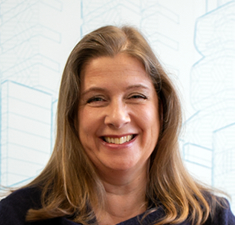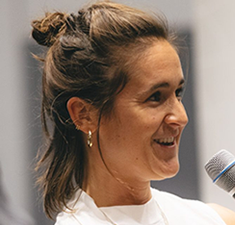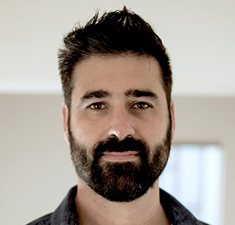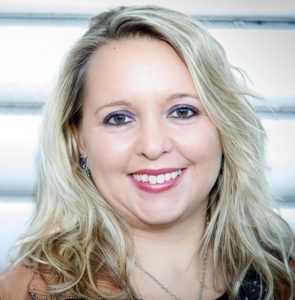
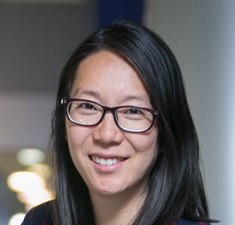
Earlier this month, Verizon Media, the parent to Yahoo, announced that users of Yahoo Groups had until October 28th to continue posting in their groups and until December of this year to archive all of their conversations. After December, 18+ years of conversations will be erased from Verizon Media’s servers and the internet entirely.
Obviously, the community is fighting back. Administrators of these groups, most of whom are unpaid volunteers, are working tirelessly to download their data, collect the email addresses of their community members and, in some cases, move people over to a new platform. As community professionals, we know that a migration like this can take months of planning, research, and communication to our communities. In this case, administrators had two weeks to figure things out.
In this episode, Patrick talks to two avid organizers of Yahoo Groups about the next steps for their communities and what they hope will come out of this situation. In both cases, they want the connections and resources fostered in their Yahoo Groups to be preserved.
Patrick and our guests, Susan Kang and Deane Rimerman, also discuss:
- The new tools that Deane and Susan will use to host their communities and why Nextdoor isn’t one of them
- What it’s really like to download your data from Yahoo Groups
- The importance of communities as archives and spaces for political action
Continue reading “Attention Verizon Media: Yahoo Groups Deserves Better”
 manages both the external customer-facing and internal employee communities at Higher Logic. With so many tasks to manage and two distinct communities to nurture, how is a community professional to focus?
manages both the external customer-facing and internal employee communities at Higher Logic. With so many tasks to manage and two distinct communities to nurture, how is a community professional to focus?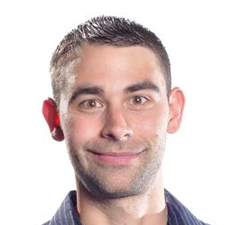
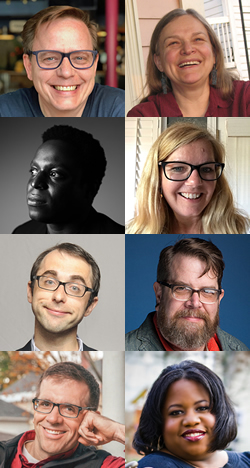 Section 230 of the Communications Decency Act
Section 230 of the Communications Decency Act